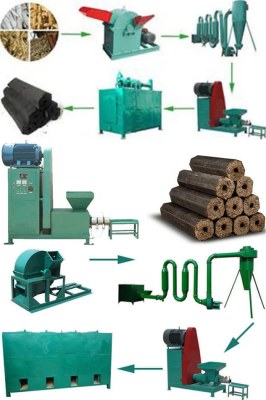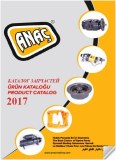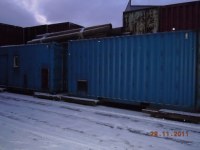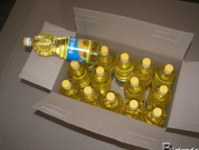Fuel sources are required for a number of thermal applications like boilers, heaters, dryers and usually conventional fuel sources like coal, charcoal, diesel, petrol and liquid fuel are used. However these fossil fuel sources are expensive and polluting, containing sulphur, fly ash and other atmospheric pollutants which damage the environment. So increasingly businesses are using a biomass briquetting plant to make biomass briquettes which are used as alternative to traditional fuel sources. An additional advantage of using a briquetting plant is that it is uses agro waste as raw material, so no additional arrangements have to be made to store and dispose of the agro waste which is generated during normal manufacturing.
The briquetting plants are available in different capacities, and are designed for operation with a wide variety of raw material. Rice husk is one of the most widely used raw materials for making biomass briquettes. Groundnut shell, saw dust, sugarcane bagasse and other mixed agro waste material can be used for making the fuel briquettes, however the output of the biomass charcoal briquette machine will vary significantly depending on the type and quantity of the agro waste being used. Typically the hourly output for sawdust and groundnut shell is far higher than rice husk for a plant of the same capacity.
Before selecting a particular biomass briquetting plant equipment, the business should finalize the capacity of the plant based on the amount of raw material which is available or generated during other manufacturing processes. It should be noted that most briquetting machines are designed for use with raw material of a particular size and the moisture level in the raw material should be below the specified levels, so that the briquettes produced are meeting the quality norms required for the fuel. In case the agro waste particles are larger in size, a crushing machine may be required to reduce the particles to the desired size as specified by the charcoal briquette machine manufacturer.
Similarly if moisture levels are higher than the maximum levels indicated by the equipment supplier, the briquette may become moldy, so a dryer will have to be incorporated during to the briquette production process to reduce the moisture levels. The charcoal briquette production line machinery will use high pressure to process the agro waste material and convert it into the briquettes without adding any kind of chemical, reducing the cost of the finished product and making it eco friendly. The biomass briquetting equipment will require an electric power supply, and the user should ensure that a reliable power supply is available of the required rating for optimal production.
The briquetting equipment is usually rated according to the diameter of the briquette which is produced by the plant. Usually the briquette is cylindrical in shape , and the length is more than 10 cm. Studies have indicated that the briquettes made from biomass have a higher thermal value when compared to conventional sources of fuel, and also have less ash. As briquettes from biomass are a renewal source of energy, these briquetting machineries are becoming popular in the agro processing industry worldwide.
Ubicación : No.45 Agricultural Road, Jinshui District, Zhengzhou, Henan China, 450003 Zhengzhou,
Persona a contactar : Yan Amy, +8615838279423








